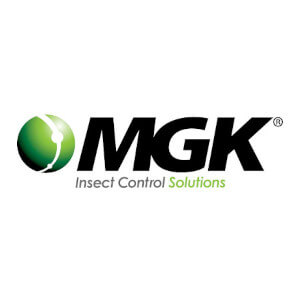It’s said that farmers are the original environmentalists. Botanical Resources of Australia (BRA) is living that claim.
BRA manages pyrethrum farming in Tasmania, Australia for Sumitomo Chemical Company. Their goal is to produce all its pyrethrin products with zero carbon emissions and zero waste.
How do they do it?
The main byproduct of pyrethrum processing is called marc. Marc is like the chaff on grain. It needs to be separated from the pyrethrum and disposed of properly. Previously, thousands of tons were trucked away and used by farmers as compost.
Facilities that extract pyrethrins from the pyrethrum flowers run on high emission coal fired boilers. They’re not very energy efficient and produce high levels of carbon emissions.
BRA came up with a solution to both problems. They teamed up with biofuel specialists and successfully turned the marc into biofuel briquettes that can run in a furnace designed to burn coal. These briquettes are a 100% renewable energy source. With these innovations, the overall emissions are 75% less than coal. And carbon emissions for BRA are now near zero.
These marc briquettes are not only used in BRA’s furnaces, but also in the furnaces of other local industries. Instead of paying for coal and disposal of the marc byproduct, BRA is selling these biofuel briquettes as an additional revenue stream.
What does the future hold?
BRA continues to build on their commitment to sustainability. Water used to grow pyrethrum plants comes from sustainable sources such as captured rainwater or spring filled dams and not aquifers. In the extraction facility they strive for “zero waste.”
By researching in-the-field robotics such as drone crop inspections and remote sensing irrigators, BRA is now looking to further preserve our natural resources while sustainably producing high-quality pyrethrins for MGK and the world.

